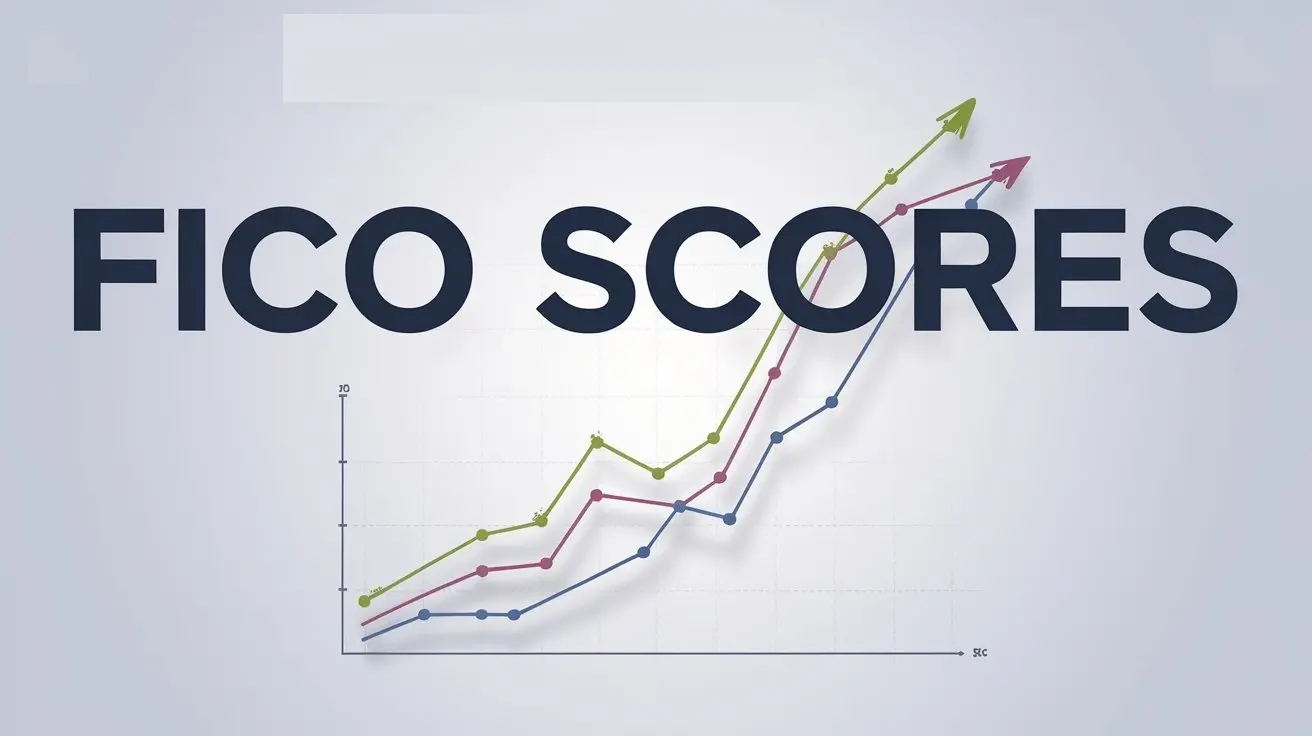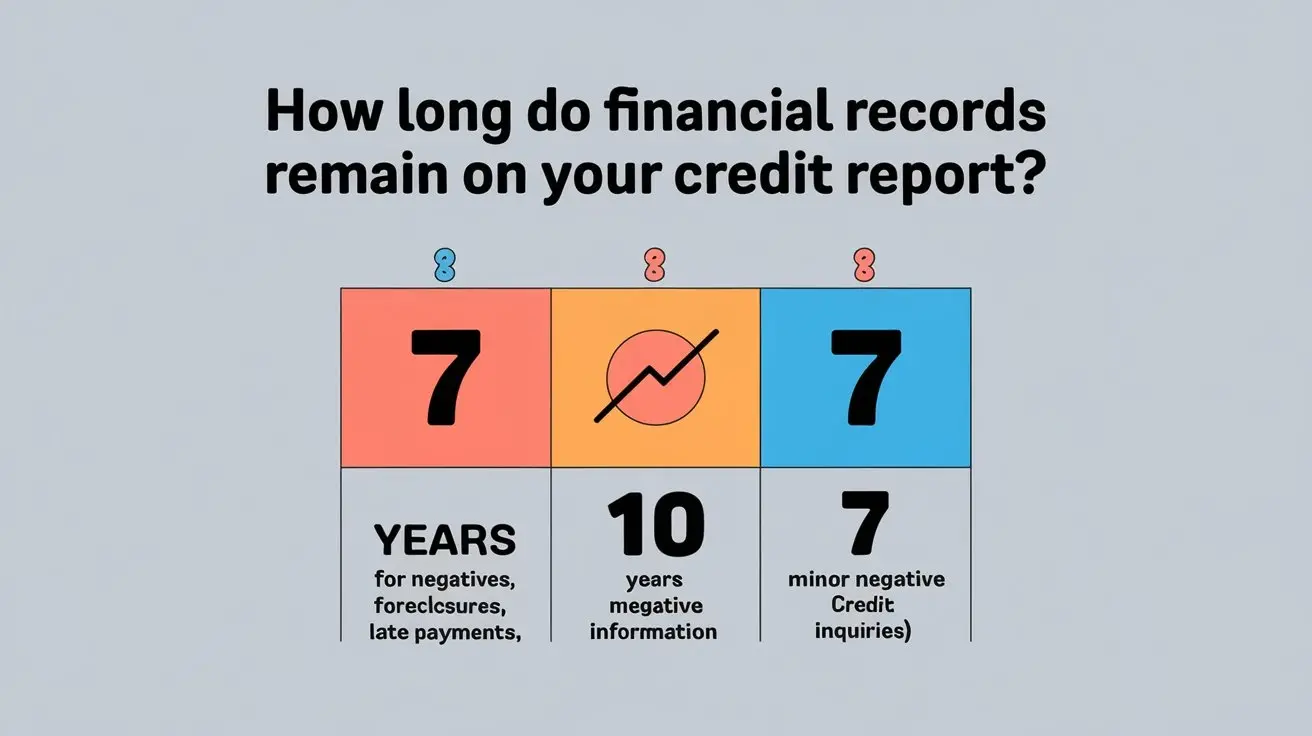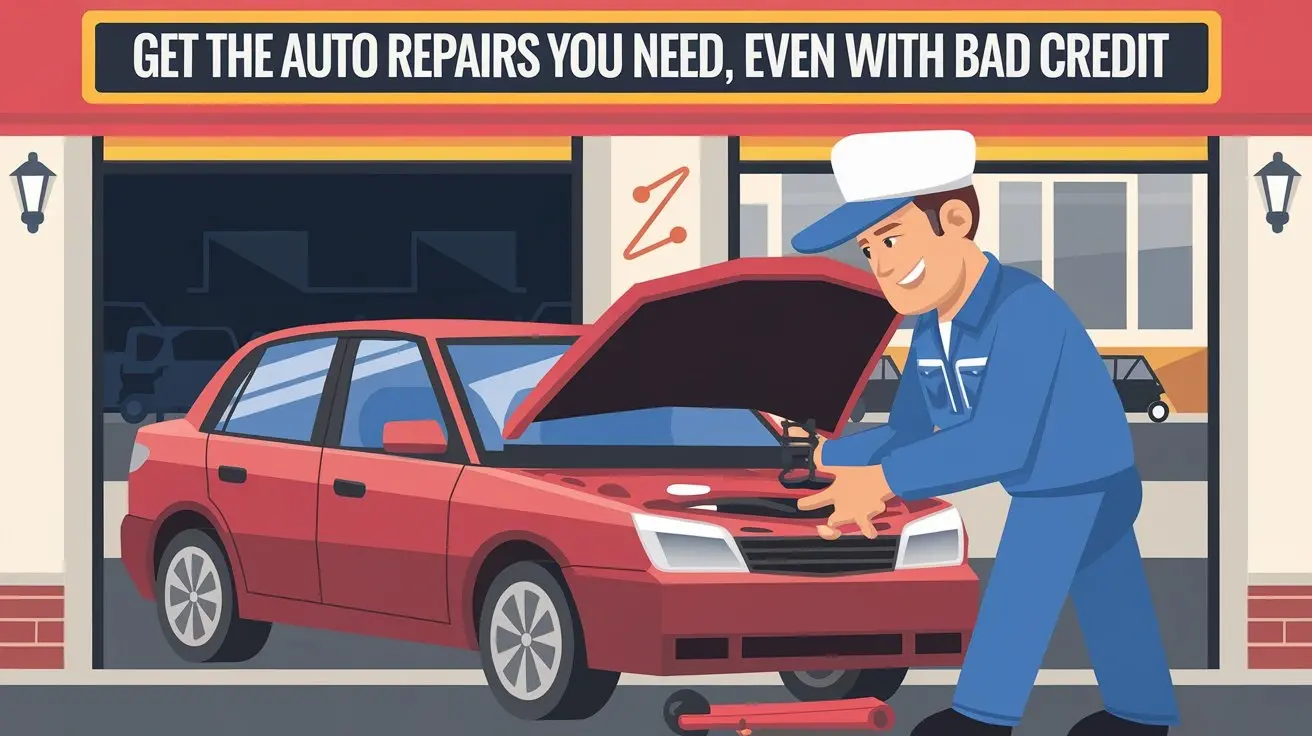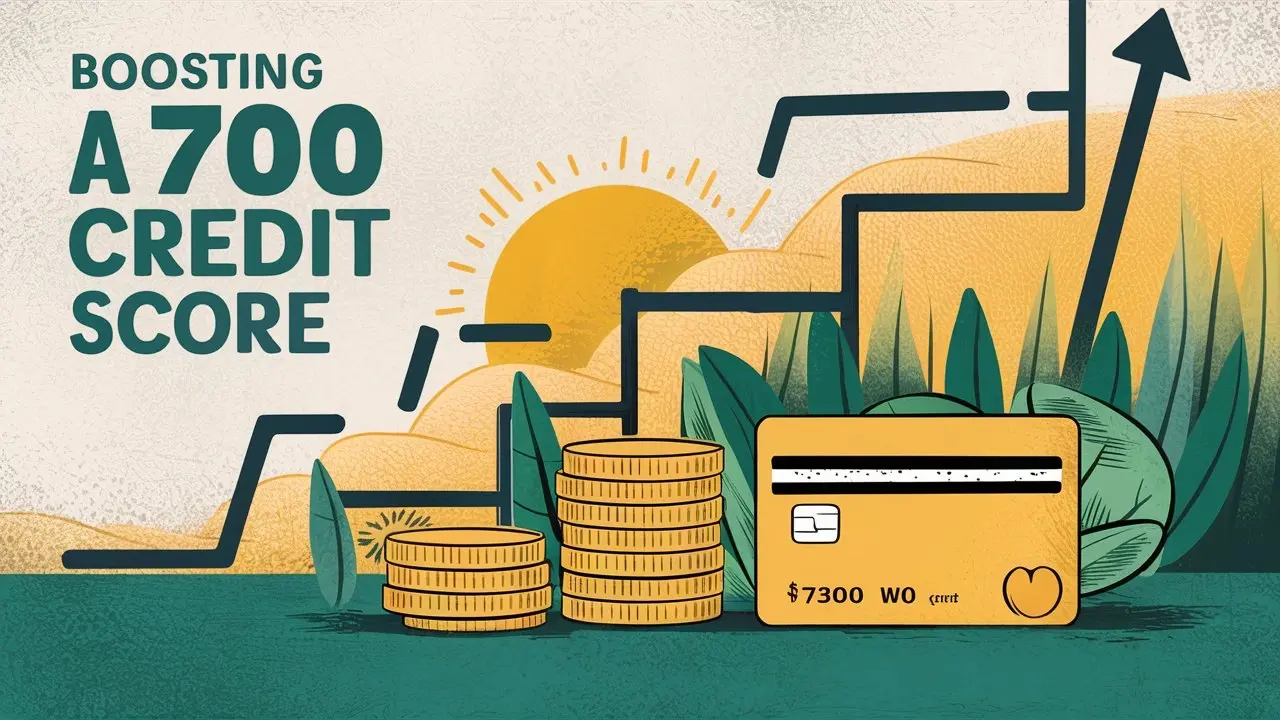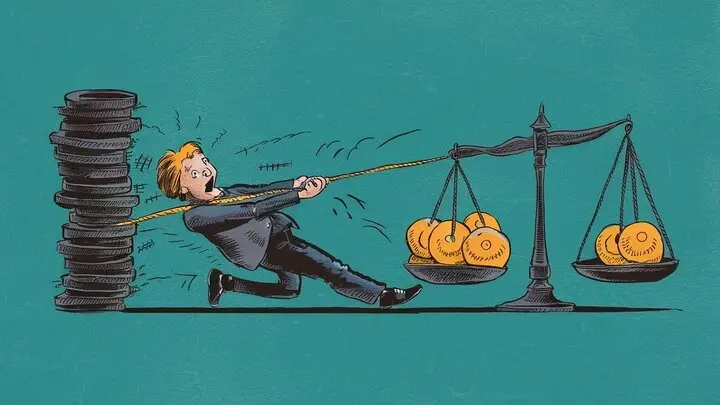
Nowadays credit cards are considered to be very helpful for people if used correctly. Nevertheless, the reality is that most individuals get trapped in credit card repayment with little or no ability to meet at least the minimum monthly payments. If you are reading this, you might be asking yourself if one is allowed to stop paying one’s credit card balances. Let me inform you of the following:
Is It Alright to Pay Your Credit Cards?:
Yes, it is legal to stop paying credit card debt altogether to your credit card companies. However, this seems to have a far-reaching implication that causes one to lose out on his or her financial gains for several years. It will negatively affect your credit scores, you risk being sued by creditors, and your wages can be garnished if you own assets that your creditors can take.
You need to be fully aware of what you are doing when you decide not to pay your credit card bills any further. Then the potential options must be searched which may help in making the situation better or a little worse but without any credit score damage or chances of getting caught in a lawsuit.
Credit cards are one of the most common types of debt that many people struggle to pay off or even stop paying altogether.
Here is an overview of key things that are likely to happen if you stop paying your credit cards:
Your credit scores are affected negatively. A payment that was made one or two days late can significantly reduce credit scores. The scores themselves can be lowered by over one hundred points.
- They call you to remind you that payments are due. Once you default, the creditors refer your accounts to very rude and highly undesirable collection agencies. You will receive frequent calls on the phone demanding payment.
- You might be legally claimed or taken to court. Creditors can sue once you are several months behind in your payment. N If they win a lawsuit they can take a portion of your wages or place legal claims on your property. Litigations also impact on your credit.
- Interest rate rise to the roof as expected. Once you fail to meet even the minimum payment requirements, credit card companies will likely increase your interest rates to rates considered legal, which are way beyond 30%. This makes balances much harder to pay if one can resume the payments.
- You are still legally bound to repay the amount. Thus, credit card balances due and owing do not disappear if the holder ceases paying. Interest and other fees keep on being charged. The creditor can even sue for his money for several years now. Filing for bankruptcy is frequently the only lawful method of eradicating credit card debts that you decide not to pay.
The following are some of the options that have been postulated as being better than ceasing payments through credit cards:
Since credit card sleight can lead to a decrease in your credit rating just by not paying, first consider the following tactics that may help one to lessen his or her credit card debt without necessarily invoking the law. Options to consider include:
- Communicate the situation to your creditors for hardship programs. Some issuers can adjust or suspend the interest rates to assist borrowers during times of struggle. This in turn minimizes the cost of carrying debt.
- Obtain other credit cards that offer balance transfer services. The utilization of balance transfers to a card with a zero percent introductory rate enables you to cover as much of the principal balance each month for one year or longer since the payments you make are not going towards interest.
- Look for financial help, specifically credit counseling. Non-profit credit counseling agencies can help to negotiate credit interest rates and come up with a payment plan that spreads the cost of monthly bills. These services are usually charged on a small monthly basis fee.
- You should get a cash-out refinance for your home. With enough home equity, a cash-out mortgage refinance is a way of converting home equity into cash that can help pay off credit card debt that has a higher interest rate than the mortgage. This replaces that debt for a lower-cost, fixed-rate mortgage.
- Apply for another loan that will enable you to pay off all the other loans you have. Variable and secured personal loans or lines allow consolidating multiple credit card balances into a single lower-interest loan with a fixed payment schedule to minimize the monthly burden of payments.
- Declare bankruptcy. Bankruptcy legally discharges or limits the credit card debts that you are financially incapable of clearing. But it hurts credit for 7 to 10 years and has other implications, it should be done only as a last resort when other ways of paying off unsustainable debts do not exist.
The Bottom Line
That is why it is most advisable not to cease your credit card payments without first figuring out exactly what is legally capable of happening and various other options. Failing to pay credit card bills leads to credit meritorious, increased collection pressure, legal action, and continued accrual of principal and interest on the amount you already owe. Before making up one’s mind not to pay, consider alternatives such as hardship programs, balance transfers, credit counseling, debt consolidation, or, if worse comes to worse, declaring bankruptcy to possibly make an impossible credit card scenario better.
Call now for expert credit repair services: (888) 803-7889
Read More:
What is a 609 letter to remove closed accounts?
Does freedom debt relief ruin your credit?
Does the government help with credit card debt?
What is the downside to debt relief?
How to get out of debt when you are broke?
